Topic: Behavioral Decision Making

Those Offering Opinions Are Better Remembered Than Those Uttering Facts
And recall of the source affects how we interpret information — and how we might act upon it
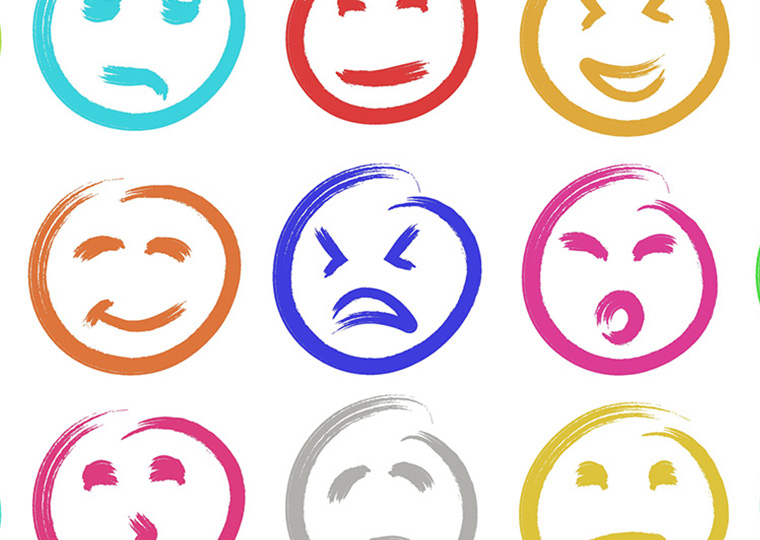
The Surprising Relationship Between Empathic Skill — the Ability to Read Others’ Feelings — and One’s Own Happiness
A surer path to contentedness might be believing one possesses empathy, even if one doesn’t

As Tipping Booms Online, How Can Platforms Maximize Their Take?
A conundrum: When others’ tips are visible, users make larger tips to keep up. But they tip more often when tips aren’t displayed online

The Deterrent Effect of Ignition Interlock Devices — Before They’re Even Installed
Adding a car breathalyzer to existing penalties could substantially discourage drunken driving

A Psychological Approach to Helping Doctors Do Better at Doing No Harm
Behavioral nudges reduced doctors’ overprescribing and overtesting of older patients
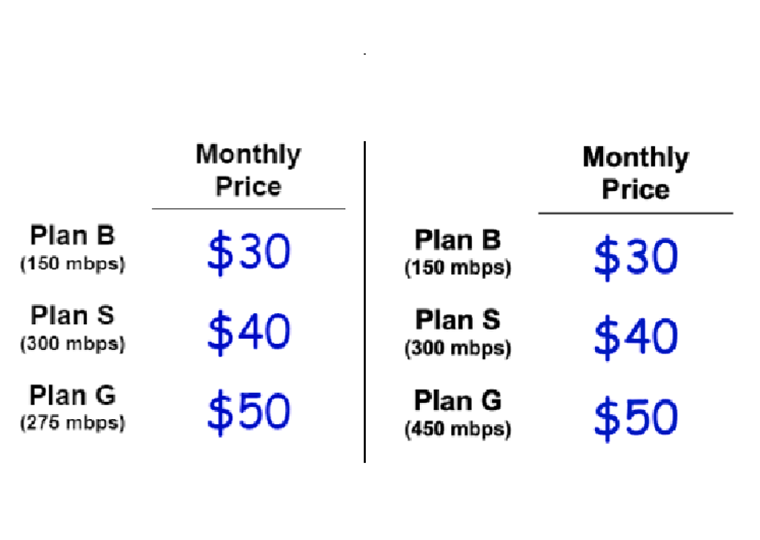
A Common Marketing Nudge Can Foster Consumer Distrust
Placing an inferior ‘decoy’ option in a menu of choices can trigger people to take their business elsewhere

Major Adolescent Stress Reduces Connection to Future Self
And thinking less about one’s adult life can reduce the pursuit of higher education

Historical Case for Immigrants Sending Home More Than Money
France’s lower fertility rates spread to regions that sent the most emigrants to live there

The More They Do It, the More Some People Prefer To Continue a Tedious Task
Even when there’s an easy-to-access better alternative, some prefer their rut

Populism’s Rise in U.S. Isn’t Only About Anger
2016 vote shares for Trump and Sanders point to a mix of negative emotions

Want To Elicit User-Generated Content? Try User-Generated Rewards
Recognition by peers leads to longer, more thoughtful online reviews and discussion threads
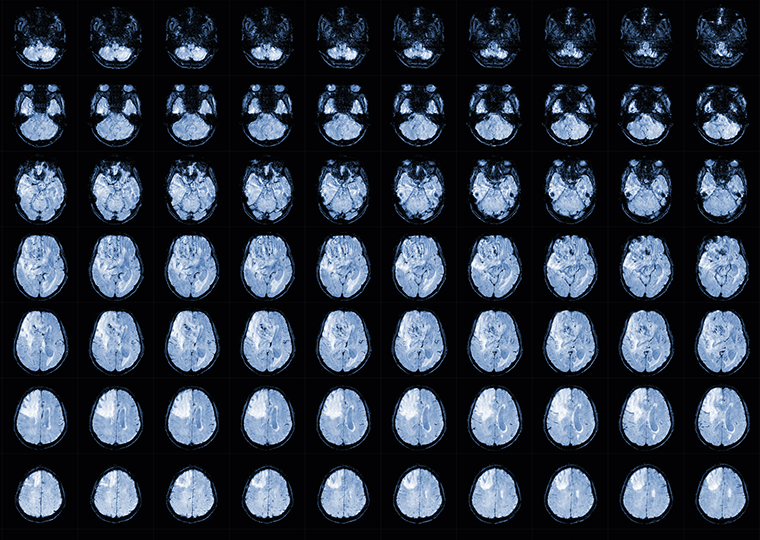
‘They Were Already Inside My Head To Begin With’
The ethics of asking brain surgery patients to allow unrelated research while on the operating table
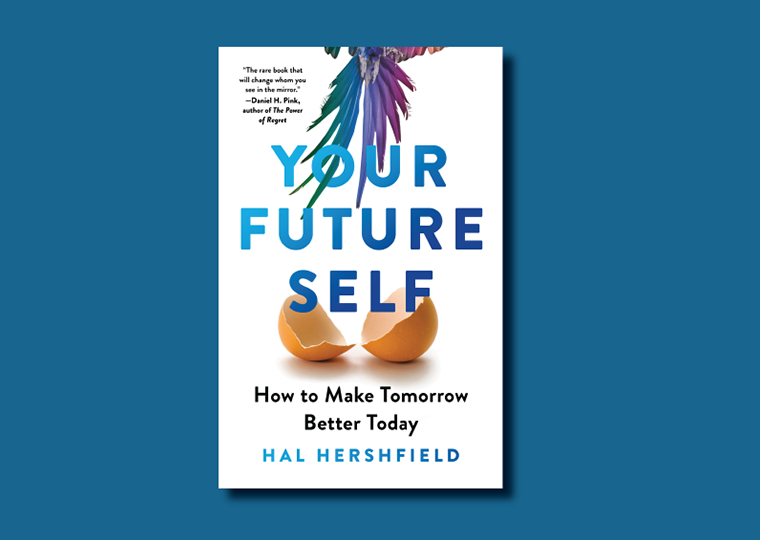
Overcoming Obstacles to Taking Better Care of Your Future Self
Hal Hershfield’s book offers research-backed methods to build a healthier, happier, more financially secure life

Another Political Trick? Inducing Forgetting By Mentioning Irrelevant Information
Positive views on, say, a social policy are more easily suppressed than negative ones
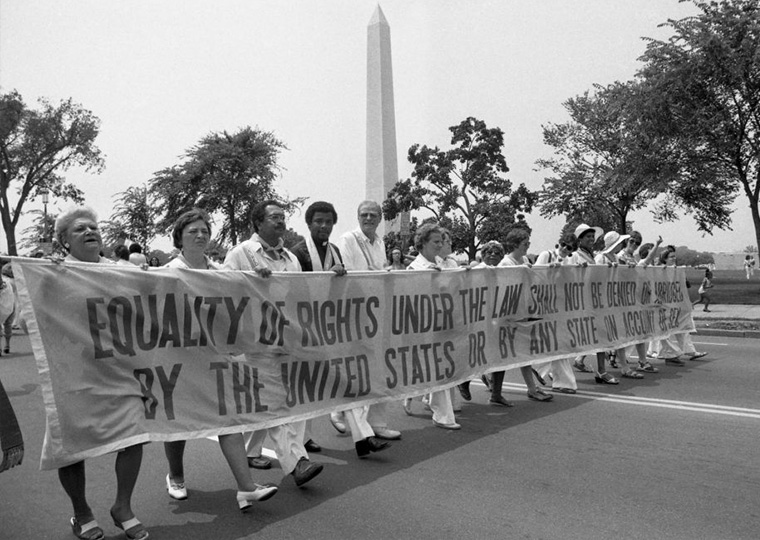
Do Social Laws Always Cause a Backlash?
Laws that threaten ideological preferences prompt some opponents to adopt more extreme beliefs
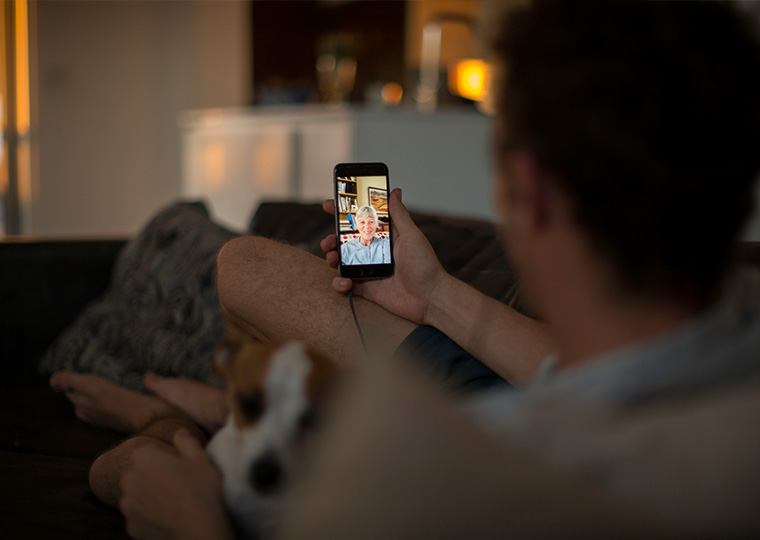
People Prioritize Shared Experiences, Even When Apart
People will endure inconvenience to synchronize events, regardless of proximity